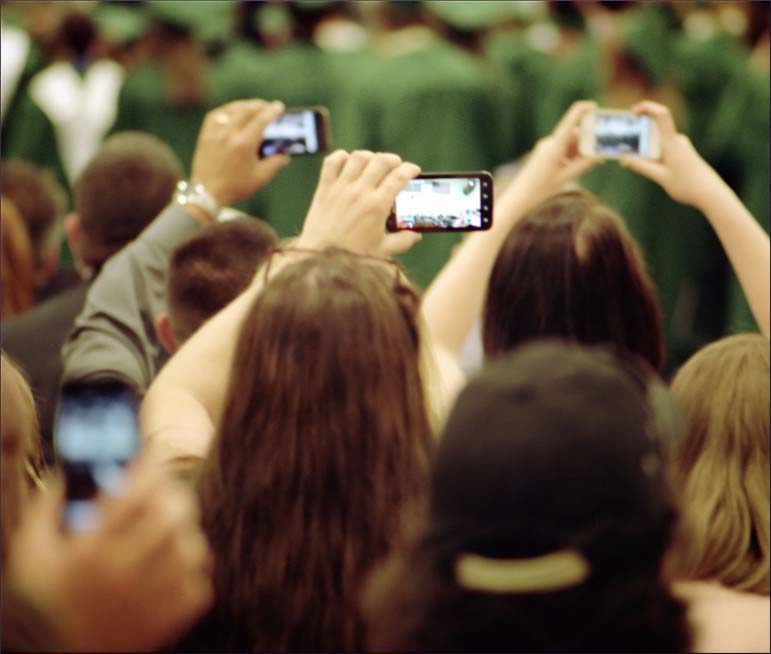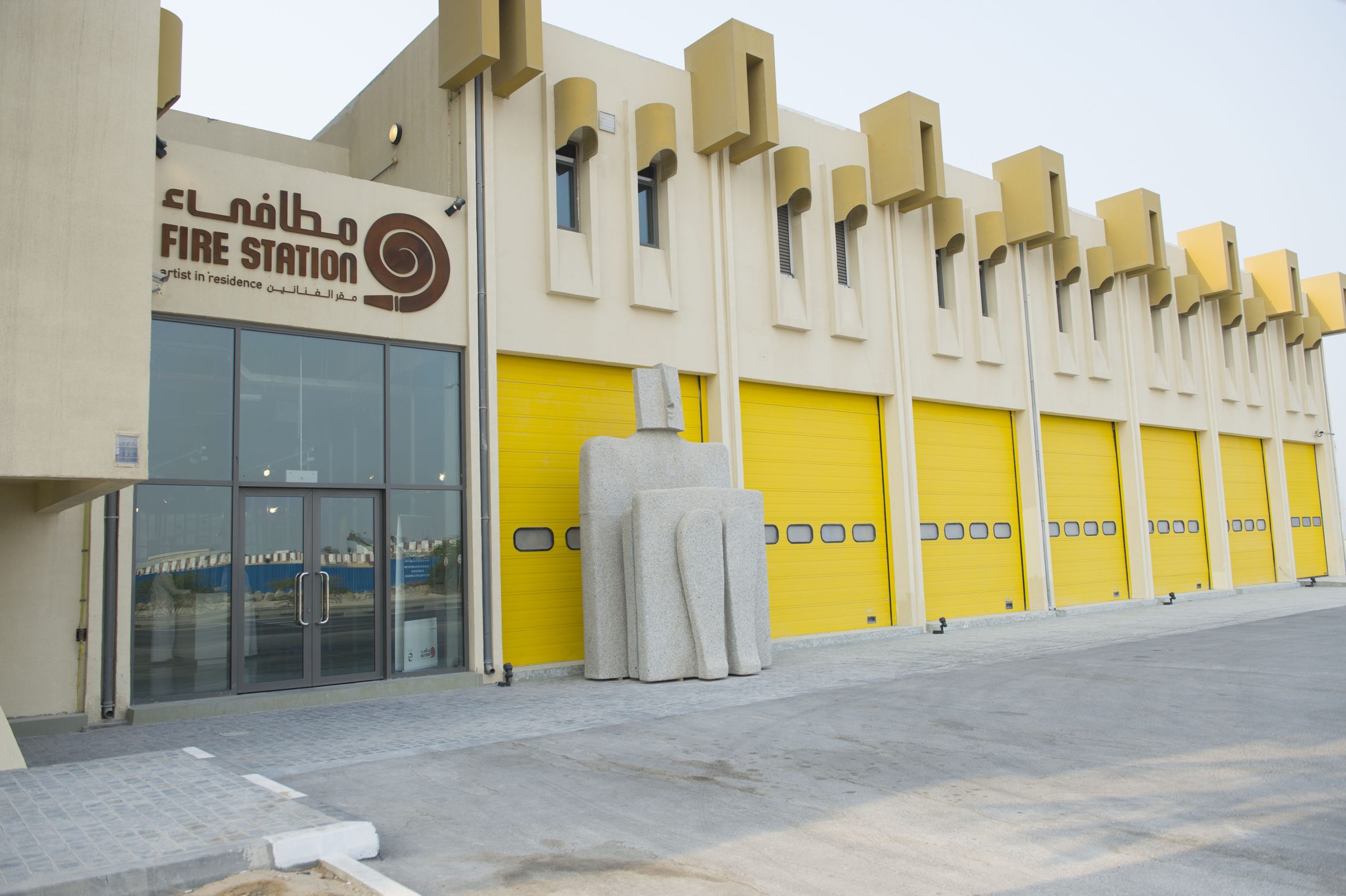
Qatar residents who post gruesome videos and photos of car accident victims online could face legal consequences, local lawyers have said following a spate of recent crashes in which such media was shared.
However, the attorneys acknowledged that while it may be against privacy laws to tweet and post such images on Facebook, Qatar’s legal system does not typically prosecute those who do so.
Speaking to Doha News, former justice minister Dr. Najeeb Al Nuaimi said that those who publish videos or photos of victims or pictures related to the personal lives of others without their consent or their family’s approval could be penalized under Qatar’s judicial system.
The criminal attorney added:
“This is considered a violation of the privacy of people and families … It’s (also) a violation of people’s civil rights,” he said.
Referring to the passage of last year’s cybercrime law, he pointed out there is a penalty of three years in jail and/or a maximum fine of QR100,000 ($27,460) for “anyone who violates principles and social values, or publishes news, pictures, videos or audios regarding the sanctity of individuals’ personal or family life, even if it were true … online or using IT equipment.”
Enforcement questions
However, Al Nuaimi said that he did not know of any current court cases relating to these crimes. The attorney speculated that families of the victims may find it difficult to pinpoint the origin of pictures and videos that go viral on social media.
But another local attorney, Mohammad Al Hagri, told Al Raya this week that if a complaint was filed, security forces could easily track down the original poster through his or her service provider.
He added that posting pictures of dead bodies and injured victims is considered a “human and moral” defamation and goes against “social and religious” values.

The warnings come as Qatar continues to encourage vehicle passengers and pedestrians to take photos and report rule-breaking motorists.
Some residents said they fear landing in legal trouble for taking photos of bad drivers.
However, traffic experts say those who submit photos through the Ministry of Interior‘s official Metrash2 app will not face any sanctions.
Chilling effect
Rights groups have said the problem with such laws is that they could prevent residents from pointing out corruption.
For example, in 2013, the UAE arrested a man for posting a video on YouTube of a government official attacking an expat driver. After the video went viral, the official was also arrested.
Dubai police explained at the time that the defendants should have privately sent the video to authorities without sharing it online, the BBC reports.
Meanwhile, in the US, several amateur videos in recent months highlighting police brutality against unarmed civilians have spurred investigations against officials there.
In Qatar, the public prosecutor’s office recently launched a campaign encouraging residents to report corruption and graft to the authorities.

At the same time, the country’s criminal courts have shown a willingness to convict individuals who publish personal attacks online. Last month, three parents were convicted of defamation after they insulted their children’s principal on Facebook.
However, media law expert Matt Duffy told Doha News last month that such cases are better handled by the civil, rather than criminal, court system.
He argued that the risk of financial penalties are effective in dissuading individuals from making harmful and defamatory statements. The threat of jail time, by contrast, can “squelch discussions of matters of public importance,” he added.
Thoughts?







